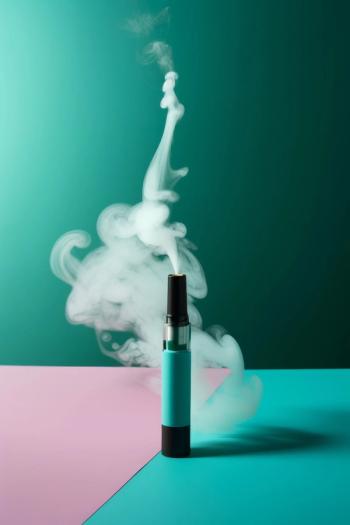
Exploring the Research on THC and D-Limonene: A Presentation from Ethan Russo, MD
This webinar discussed the research on the synergy of THC and D-limonene, discussing a study that found vaporized D-limonene reduces THC-induced anxiety.
On June 12, 2024, Ethan Russo, MD, neurologist and founder of CReDo Science, presented “Limonene and THC: Support for Cannabis Synergy and the Entourage Effect,” an hour-long deep dive into research on Delta 9-tetrahydrocannabinol (THC) and the terpene D-limonene. The main research discussed was, “
To begin the discussion, Dr. Russo provided an overview of the entourage effect and the historical records of D-limonene being used to calm the panic reactions of smoked cannabis or ingested THC overdose incidents. He noted written records from the 10th, 13th, 19th, and 20th centuries that described ingesting acidic fruits or lemon juice to counteract the effects of ingesting various forms of cannabis. Additionally, other historical records referenced black pepper and pine nuts, which contain D-limonene. He also explained studies on the sedative effects and other behavioral effects of fragrance compounds and essential oils of citrus and linalool on rodents and humans.
Next, Dr. Russo provided and analysis and commentary on the study, “Vaporized D-limonene selectively mitigates the acute anxiogenic effects of Δ9-tetrahydrocannabinol in healthy adults who intermittently use cannabis.” The aim of this study, he explained, “was to assess possible entourage effects of the combination of THC and limonene in 20 healthy adult, occasional cannabis users. They vaporized THC—with or without limonene—in this double blind randomized controlled trial. The D limonene reduced anxiety induced by THC, also paranoia, and it seemed to be a dose dependent effect, meaning when there was more limonene it was more effective. However, limonene didn't affect other THC induced pharmodynamic effects. And when limonene was used alone, it didn't have any discernible effects or adverse events of its own.” He explained the doses, vaporization procedure, testing the subjects’ cognitive and psychomotor abilities, the pharmacokinetic testing of the THC and limonene, and adverse effects. He also explained how the testing was blinded so that subjects could not detect the taste or smell of the limonene.
Several significant points were highlighted from the study’s discussion section. In particular, Dr. Russo noted that, “This is among the first clinical studies to demonstrate the validity of the cannabis entourage effect, which theorizes that THC and other constituents of the plant interact in meaningful ways that alter acute cannabis effects.”
To conclude, he addressed a common criticism of the lack of high D-limonene concentrations in cannabis, explained the yearslong process of conducting this study, and the larger implications of these results on manufacturing and consumers: “Will people be interested in actually knowing the limonene content of their cannabis and seek that out? We hope that'll be the case. We also hope that this will put to rest the idea that the pharmacology of cannabis is only about THC.”
Attendees asked over a dozen questions during the Q&A portion of the webinar. Topics included apoptosis, methods of using D-limonene to treat anxiety, hyperemesis syndrome, and the effect of cannabis rescheduling on cannabis research opportunities. Dr. Russo also mentioned that this presentation is part of a larger, forthcoming presentation on cannabis antidotes.
Newsletter
Unlock the latest breakthroughs in cannabis science—subscribe now to get expert insights, research, and industry updates delivered to your inbox.




